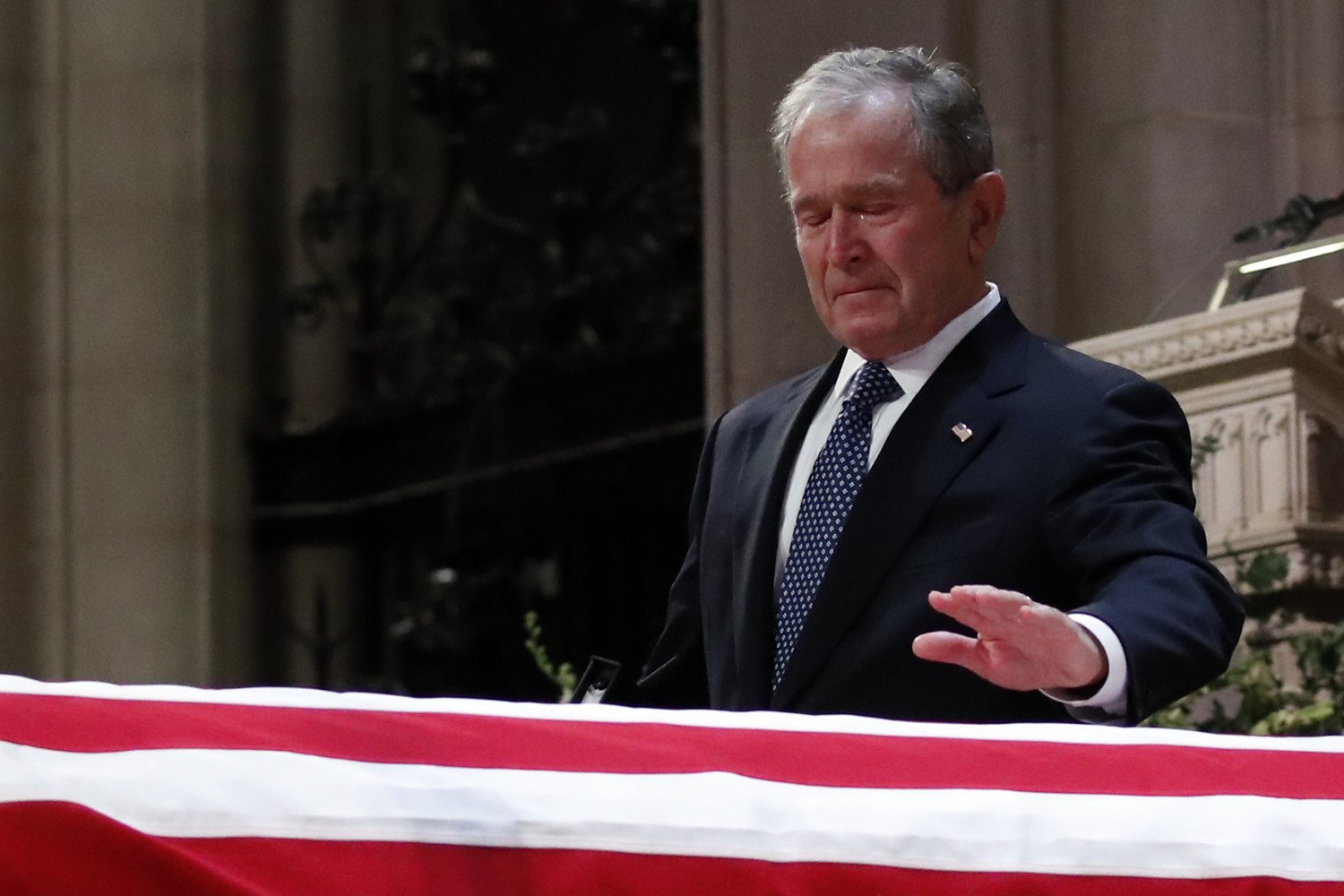By Tim Milosch
There is deep significance in how a society treats its dead. If history is to be considered, state funerals have played a significant role in public life. Western history and thought has found some of its most profound rhetoric in memorializing the dead. From Thucydides’ recounting of Pericles’ funeral oration, to Ronald Reagan’s eulogy for the Challenger astronauts, extracting meaning from the death of individuals in service to the state plays an essential role in reminding the body politic of its telos – its character and the good it seeks to pursue.
Login to read more
Sign in or create a free account to access Subscriber-only content.
